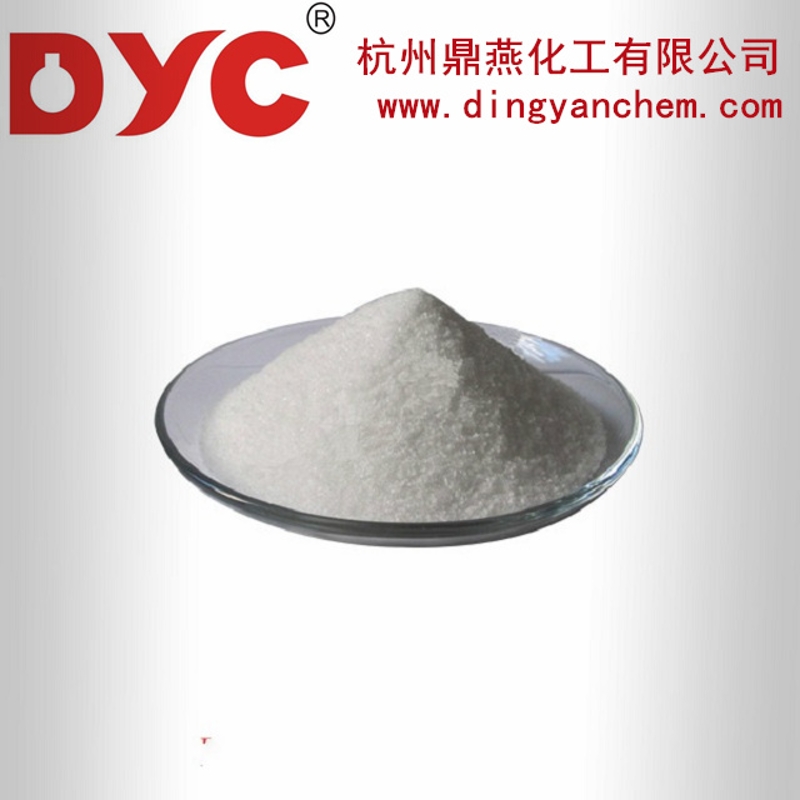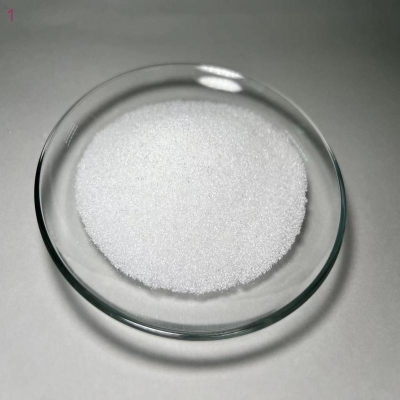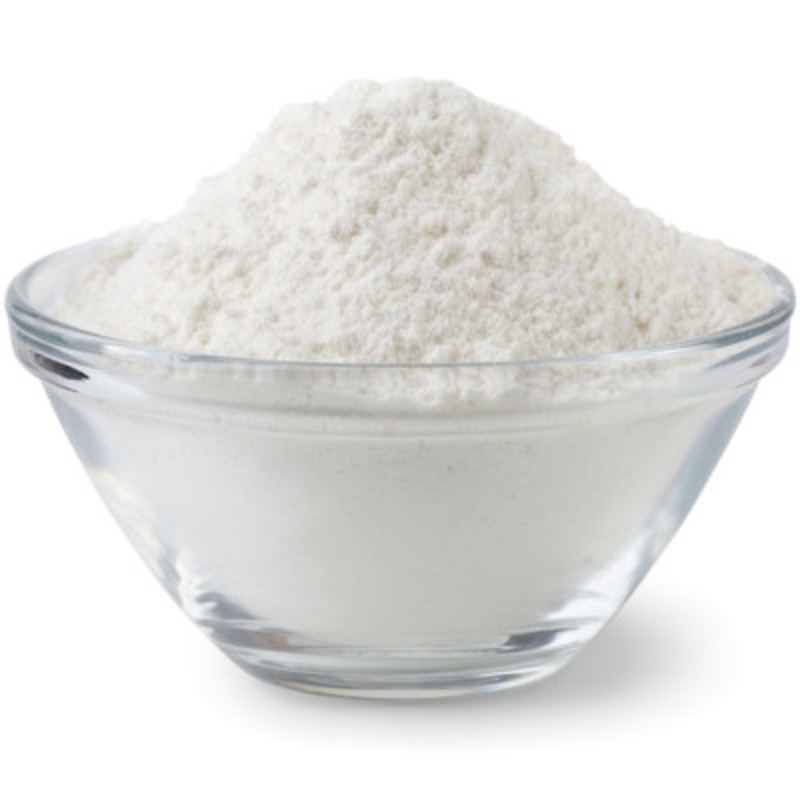What are the plant preservatives
-
Last Update: 2018-02-17
-
Source: Internet
-
Author: User
Search more information of high quality chemicals, good prices and reliable suppliers, visit
www.echemi.com
Introduction: plant preservatives are not well understood, so what are they? Learn more about Baibai safety net Plant preservative, a natural preservative, does little harm to the body, so it is very popular in food processing What are the plant preservatives? Through the teacher of Baibai safety net, I will explain these food additives in detail 1 Tea polyphenol, a large number of experiments show that tea polyphenol has a good physiological effect on human body It can remove the excess free radicals in human body, improve the permeability of blood vessels, enhance the elasticity of blood vessel wall, reduce blood pressure, prevent the rise of blood glucose, and promote the absorption and assimilation of vitamins There are also anti-cancer and caries, anti lipid oxidation and anti radiation effects Tea polyphenols also have a good antiseptic and fresh-keeping effect, which can inhibit Bacillus subtilis, Staphylococcus aureus, Escherichia coli, tomato ulcers, Streptococcus caries, Mucor, Penicillium, Gibberella, anthrax, Saccharomyces cerevisiae, etc 2 Essential oils and essential oils grow in the roots, bark, seeds or fruits of tropical aromatic plants They have always been one of the most natural preservatives In recent years, essential oils have been reported as food preservatives Clove oil mainly contains eugenol and tannin Wu chuanmao and other researchers found that clove oil has broad-spectrum bacteriostatic effect on Staphylococcus aureus, Escherichia coli, yeast, Aspergillus niger and other foods, and is stable to heat within 100 OC The prominent feature is that it has strong antifungal effect Litsea cubeba oil is extracted from the fresh fruits, bark and leaves of Litsea cubeba It contains citric acid, methyl heptanone and other substances Yu Bo's research found that the antibacterial effect of Litsea cubeba oil on most molds was similar to that of potassium sorbate, but stronger than that of sodium phenylpotassium 3 Allicin, allicin contained in garlic, has strong inhibition and killing effects on some pathogenic intestinal bacteria such as dysentery bacteria and common food spoilage fungi This makes it a natural preservative Ma muying of Shenzhen Institute of education used garlic aqueous solution to test dozens of common fungi such as mold and yeast that pollute food The results showed that it has inhibitory effect on these fungi, and the antiseptic ability is similar to that of chemical preservatives such as sodium benzoate and potassium sorbate Garlic clove has very weak antibacterial property, and garlic seedling and garlic stem and leaf have quite antibacterial effect Its antibacterial property decreased a lot at high temperature, so the application of garlic extract should be carried out at a lower temperature (85) The optimum pH of garlic is about 4, so it is suitable for the preservation of acid food 4 Anthraquinone Chinese herbal medicine, anthraquinone Chinese herbal medicine, the main form of its existence is glucose or non glucoside, but also contains a certain amount of free anthraquinone, such as rhubarb, Polygonum cuspidatum, cassia seed, Polygonum multiflorum and Rubia cordifolia, which has two mutually strangled, p-unsaturated carbonyl structure Xiong Weidong et al Carried on the bacteriostasis experiment to the anthraquinone Chinese herbal medicine The results showed that its comprehensive antibacterial activity should be between sodium benzoate and cinnamaldehyde Therefore, it is feasible to be used as a natural preservative The preservatives prepared from natural plant extracts of China are rich in natural resources and have obvious advantages over those of European and American countries In the call of returning to nature, China's natural plant preservatives and natural plant extracts will surely be favored by the international market In the modern society where food safety is paid more and more attention, natural plant preservatives will make their own contribution But at the same time, we also see that there are few reports about the detailed grouping, bacteriostasis or antibacterial mechanism of natural preservatives, which need to be further subdivided and studied by food scientists These are all plant preservatives, so what's the difference between preservatives and desiccants? We can find the answer through the safety net of Baibai Here's a way to use the food safety detector, which teaches us how to check whether the additive content in food exceeds the standard Editor in charge: he xianrob
This article is an English version of an article which is originally in the Chinese language on echemi.com and is provided for information purposes only.
This website makes no representation or warranty of any kind, either expressed or implied, as to the accuracy, completeness ownership or reliability of
the article or any translations thereof. If you have any concerns or complaints relating to the article, please send an email, providing a detailed
description of the concern or complaint, to
service@echemi.com. A staff member will contact you within 5 working days. Once verified, infringing content
will be removed immediately.







